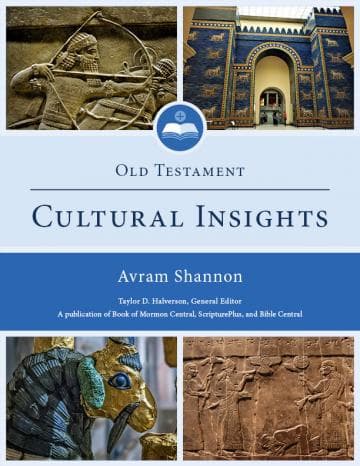Book
71 Chapters

The ancient Israelite view of the universe was different from our modern perspective, and the best way to understand that view is with the word firmament. This unusual English word comes from a Latin word meaning “a support or prop” and is a translation of the rare Hebrew word raqia. This word only appears seventeen times in the Hebrew Bible, with nine of those appearances being in Genesis 1. Raqia comes from a Hebrew root that means “to beat out.” The sense of the word raqia is something beaten out, like a metal plate or dome, over the earth. This is how Genesis understands the sky—a flat surface that separates the waters above from the waters below (see Genesis 1:6). The ancient Israelites were not stupid; they based their perspective on the observational evidence of the world they saw. Thus, the evidence for waters above is falling rain. This idea is at play in the famous verse in Malachi about tithing, where the Lord promises to “open you the windows of heaven, and pour you out a blessing” (Malachi 3:10). The “windows of heaven” here are windows in the sky, and the blessing that the Lord is pouring out is rain. The waters below were also based on observations of the world since digging eventually reaches water.
Book
71 Chapters
Items in the BMC Archive are made publicly available for non-commercial, private use. Inclusion within the BMC Archive does not imply endorsement. Items do not represent the official views of The Church of Jesus Christ of Latter-day Saints or of Book of Mormon Central.